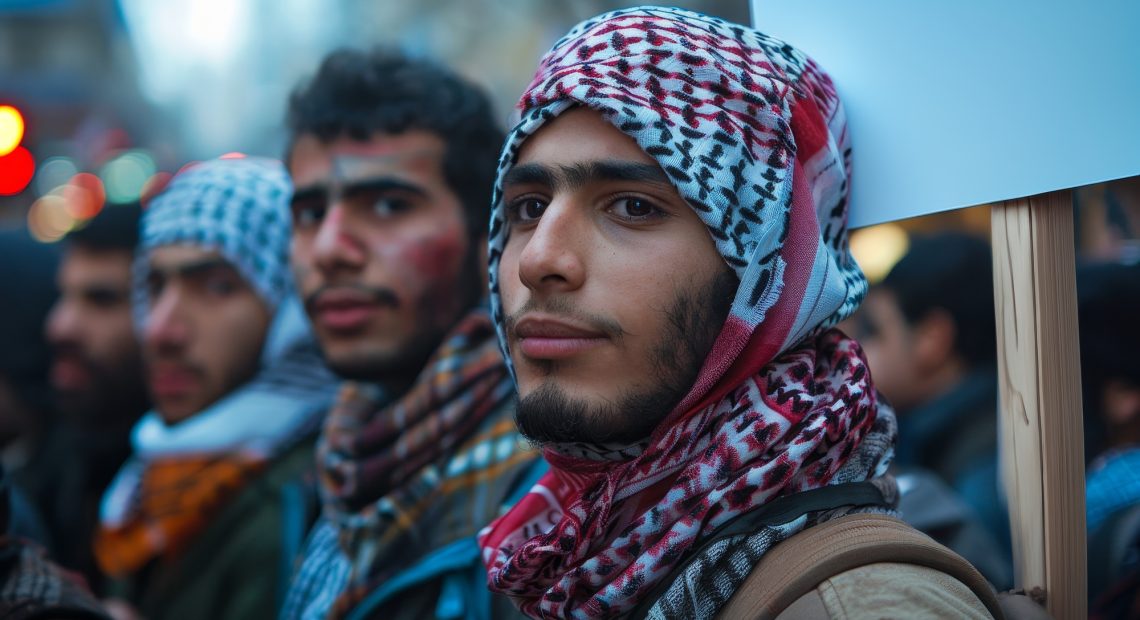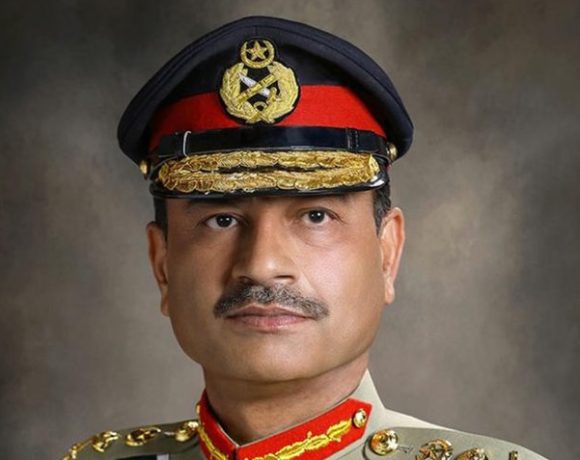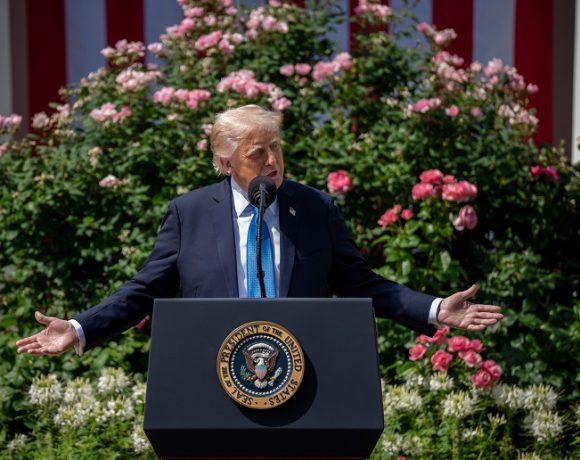
Russia Removes Taliban from Terror List, Signals New Afghanistan Policy
Russia has officially removed the Taliban from its list of banned terrorist organizations, marking a significant shift in its diplomatic approach toward Afghanistan. The announcement, made by Russian Foreign Minister Sergey Lavrov, reflects a growing recognition of the Taliban’s de facto governance over Afghanistan and signals Moscow’s intention to normalize relations with Kabul under Taliban rule.
Lavrov stated that the move was driven by the “new reality” in the region and underscored that many countries have already begun engaging with the Taliban, even if informally. Russia has maintained contacts with the Taliban for years, including during their insurgency, and has hosted multiple rounds of peace talks in Moscow involving Taliban representatives.
Russia’s Pragmatic Approach to Afghanistan
The decision to delist the Taliban comes at a time when Moscow is increasing its outreach to Central Asia and South Asia, seeking to fill the vacuum left by the withdrawal of U.S. forces in 2021. Russia sees the Taliban as a stabilizing force that can help contain the spread of ISIS-K and other extremist elements across the region.
Officials in Moscow have argued that recognizing the Taliban is essential to ensure security, regional cooperation, and the management of transnational threats like drug trafficking and terrorism. Russia has also kept its embassy in Kabul operational and maintains direct dialogue with Taliban leaders.
International Reactions and Legal Implications
Russia’s move is likely to generate mixed reactions globally. While several neighboring countries have quietly increased their engagement with the Taliban, the group remains officially designated as a terrorist organization by many Western nations, including the United States and members of the European Union.
Removing the ban could open the door for more formal economic and security cooperation between Russia and Afghanistan, especially as the Taliban government seeks international legitimacy and assistance amid worsening economic conditions.
It also raises questions about how other countries might recalibrate their policies in response to Russia’s recognition. While no immediate legal changes have been announced regarding trade or military cooperation, the delisting is a symbolic step that reinforces the Taliban’s grip on power.
Broader Geopolitical Ramifications
The decision is part of a broader geopolitical realignment, with Russia positioning itself as a counterbalance to U.S. influence in the Islamic world. It also demonstrates Moscow’s interest in maintaining strategic depth in Afghanistan, particularly to prevent instability from spilling into Central Asian republics.
As Russia courts new allies and attempts to build alternative blocs amid its growing isolation from the West, the Taliban’s removal from the terrorist list may be seen as a calculated bet on regional realpolitik rather than an endorsement of their ideology.


















